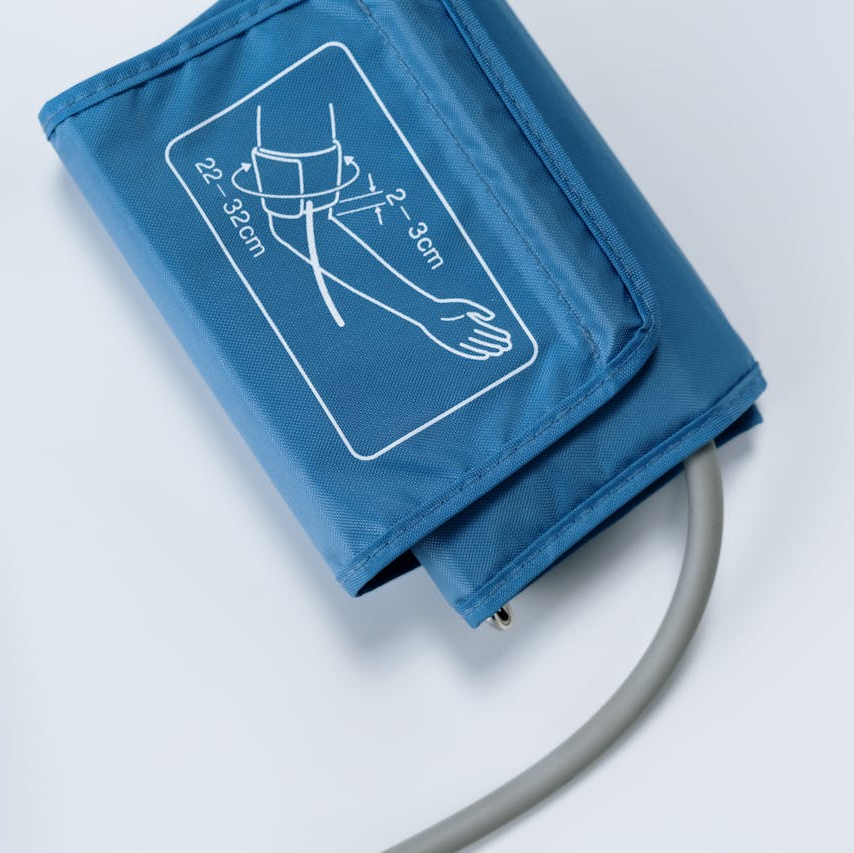Key Takeaways:
- Medicare fraud is a growing problem, increasing the risk for beneficiaries, and making it essential to stay informed and vigilant.
- Protecting yourself from Medicare fraud involves recognizing warning signs, safeguarding personal information, and reporting suspicious activities.
Why Medicare Fraud Is on the Rise and What You Can Do to Protect Yourself
Medicare fraud is becoming an increasingly significant concern in the healthcare system, costing billions of dollars annually and exposing countless beneficiaries to risk. As we move into 2024, it’s crucial to understand the factors contributing to the rise in Medicare fraud and how individuals can take proactive steps to protect themselves. This article delves into why Medicare fraud is on the rise, examines the most common types of fraud, and offers practical advice on how to stay safe in an environment where fraudulent activities are becoming more sophisticated and prevalent.
The Rising Tide of Medicare Fraud
Medicare fraud refers to any illegal practice aimed at obtaining unwarranted payments from the Medicare program. The rise in Medicare fraud can be attributed to several factors, including an aging population, advancements in technology, and the increasing complexity of healthcare services.
Aging Population and Increased Vulnerability
The United States is experiencing a demographic shift, with a growing number of individuals aged 65 and older. This segment of the population is eligible for Medicare, making them prime targets for fraudsters. Older adults are often more vulnerable to scams due to a variety of factors, such as cognitive decline, social isolation, and a lack of familiarity with digital technology. Fraudsters exploit these vulnerabilities, knowing that older individuals may not be as adept at recognizing or reporting fraudulent activities.
Technological Advancements
While technological advancements have brought about significant improvements in healthcare, they have also provided new opportunities for fraudsters. The widespread use of electronic health records (EHRs), telemedicine, and online billing systems has created additional avenues for fraudulent activities. Cybercriminals are increasingly using sophisticated techniques to hack into systems, steal personal information, and submit false claims. Moreover, the anonymity and reach provided by the internet make it easier for fraudsters to operate across state and national borders, complicating efforts to detect and prevent fraud.
Complex Healthcare System
The complexity of the U.S. healthcare system, with its numerous regulations, billing codes, and reimbursement processes, also contributes to the rise in Medicare fraud. Fraudsters can exploit gaps in the system, such as billing for services that were never provided, overcharging for services, or submitting claims for unnecessary procedures. The sheer volume of claims processed by Medicare makes it challenging to identify and investigate fraudulent activities promptly.
Common Types of Medicare Fraud
Understanding the various forms of Medicare fraud can help beneficiaries recognize when they might be at risk. Below are some of the most common types of Medicare fraud:
Billing for Services Not Provided
One of the most prevalent forms of Medicare fraud involves billing for services, equipment, or procedures that were never provided. Fraudulent healthcare providers may submit claims for treatments that the patient never received or for more expensive services than those actually rendered. This type of fraud not only drains Medicare funds but also potentially exposes patients to unnecessary medical procedures.
Upcoding and Unbundling
Upcoding refers to the practice of billing for a more expensive service than what was actually performed. For example, a provider might perform a simple procedure but bill Medicare for a more complex and costly one. Unbundling is another fraudulent practice where services that are typically billed together at a lower rate are separated and billed individually at a higher total cost. Both of these practices are illegal and contribute to the rising cost of Medicare.
Identity Theft and Fraudulent Claims
Medicare identity theft occurs when someone unlawfully uses another person’s Medicare information to obtain medical services, equipment, or prescriptions, or to submit fraudulent claims. This type of fraud can have severe consequences for the victim, including incorrect medical records, denied legitimate claims, and compromised financial security.
Kickbacks and Bribes
Kickbacks and bribes involve healthcare providers receiving financial incentives or other benefits in exchange for referring patients for services or products that may not be necessary. This practice not only leads to inflated costs for Medicare but also puts patients at risk of receiving unnecessary or substandard care.
Prescription Drug Fraud
Prescription drug fraud is another area of growing concern. This can involve a variety of schemes, such as billing for medications that were never dispensed, altering prescriptions to obtain higher quantities, or selling prescription drugs on the black market. The opioid crisis has further exacerbated this issue, with fraudulent prescriptions contributing to the epidemic.
How to Protect Yourself from Medicare Fraud
Given the increasing sophistication of Medicare fraud, it’s essential for beneficiaries to be proactive in protecting themselves. Below are practical steps that can help safeguard against fraud:
Guard Your Medicare Information
Your Medicare number is as valuable as a credit card number, and it’s crucial to protect it. Never share your Medicare information over the phone unless you have initiated the contact and are sure of the recipient’s identity. Be cautious of unsolicited calls, emails, or visits from individuals claiming to be from Medicare or other healthcare providers, especially if they ask for personal information.
Review Your Medicare Statements Regularly
One of the most effective ways to detect Medicare fraud is by carefully reviewing your Medicare Summary Notices (MSNs) or Explanation of Benefits (EOBs). These documents outline the services or supplies billed to Medicare on your behalf. Ensure that all the services listed were actually received and are correctly billed. If you spot any discrepancies, report them immediately to Medicare or your healthcare provider.
Be Skeptical of Free Offers
Fraudsters often lure victims with promises of free medical supplies, health screenings, or other services. These offers may come with strings attached, such as asking for your Medicare number or other personal information. Remember, if something sounds too good to be true, it probably is. Legitimate providers do not offer free services in exchange for Medicare information.
Report Suspicious Activity
If you suspect Medicare fraud, report it immediately. You can contact Medicare directly, the Office of the Inspector General (OIG), or your state’s Senior Medicare Patrol (SMP). Reporting fraud not only protects you but also helps safeguard the Medicare program for others.
Stay Informed
Keeping informed about the latest Medicare fraud schemes and how to protect yourself is essential. Regularly check reliable sources such as Medicare.gov for updates and tips on fraud prevention. Additionally, consider attending local workshops or webinars on Medicare fraud prevention.
Use Strong Passwords and Security Measures
If you use online portals to manage your Medicare benefits, ensure that your accounts are secure. Use strong, unique passwords and change them regularly. Enable two-factor authentication if available, and be cautious about accessing your accounts over public Wi-Fi networks.
The Impact of Medicare Fraud on Beneficiaries
Medicare fraud has far-reaching consequences, not just for the Medicare system but also for beneficiaries. Fraudulent activities can lead to higher out-of-pocket costs, delays in receiving legitimate services, and even compromised health due to incorrect medical records. In severe cases, victims of Medicare fraud may find their identities stolen, leading to long-term financial and legal challenges.
Moreover, the financial strain caused by Medicare fraud affects all beneficiaries. As fraud increases, so do the costs associated with managing and mitigating it. This can lead to higher premiums and reduced benefits for everyone, making it all the more important for beneficiaries to be vigilant and report any suspicious activities.
Taking Charge of Your Medicare Protection
Medicare fraud is a growing concern that affects millions of beneficiaries every year. However, by staying informed, protecting your personal information, and reporting any suspicious activities, you can significantly reduce your risk of falling victim to fraud. It’s crucial to take an active role in safeguarding your Medicare benefits, not just for your own protection but for the integrity of the entire system.
As we move further into 2024, the landscape of Medicare fraud will likely continue to evolve, with fraudsters developing new tactics to exploit the system. Staying vigilant and proactive is your best defense against becoming a victim. By following the tips outlined in this article, you can help protect yourself and contribute to the ongoing fight against Medicare fraud.
Contact Information:
Email: [email protected]
Phone: 3365550123









